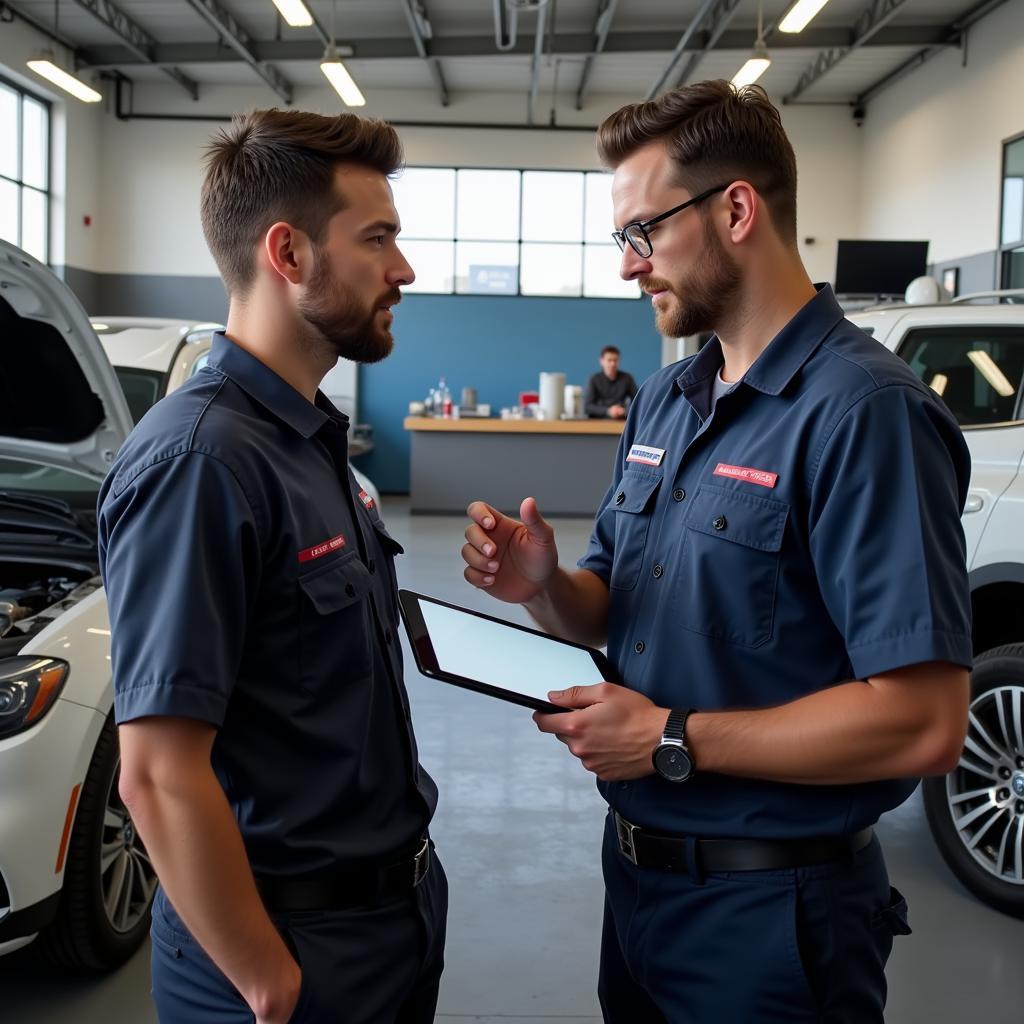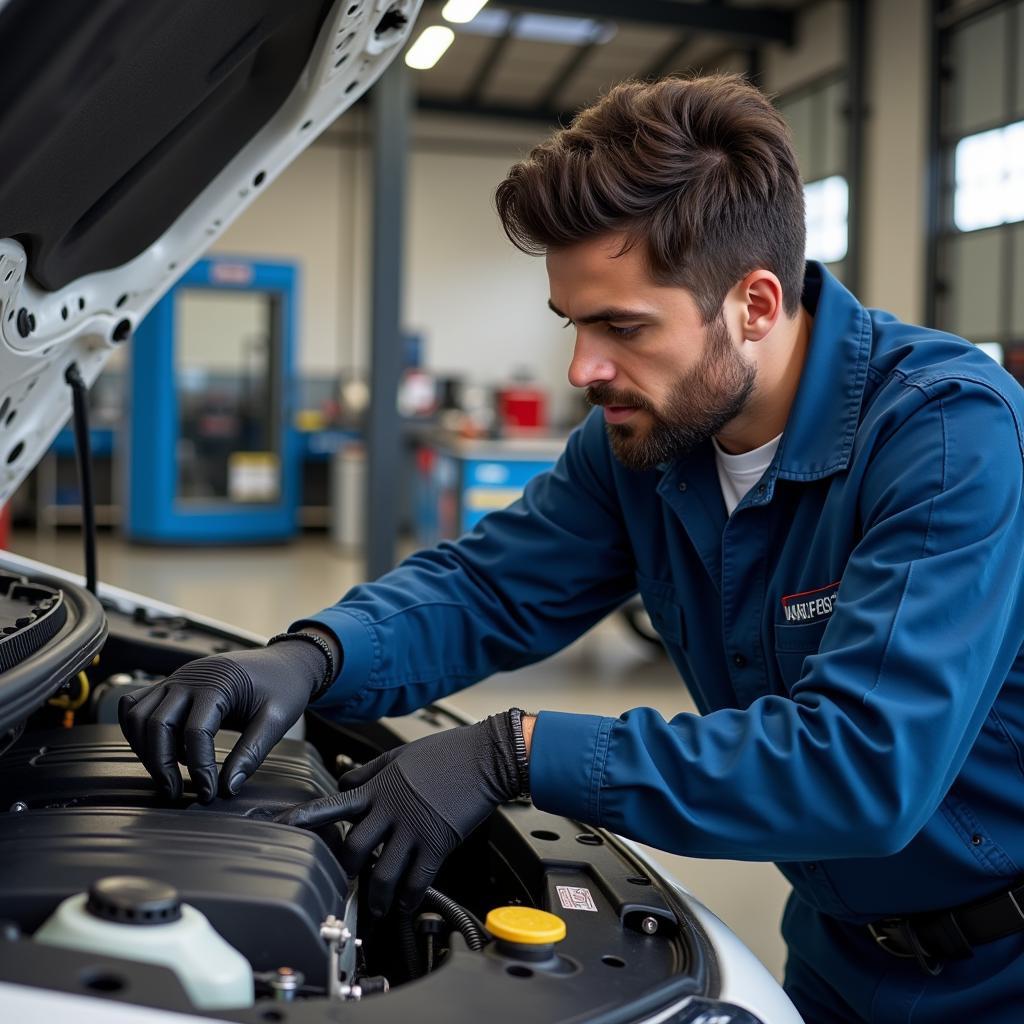Are Car Repairs Considered Luxury Goods or Services?
When your car breaks down, the last thing you want to think about is whether fixing it is a luxury. But the truth is, the line between essential car maintenance and optional upgrades can get blurry. Understanding where car repairs fall on the spectrum can help you budget wisely and prioritize your spending.
The Case for Car Repairs as a Necessity
Let’s face it: for most of us, a car isn’t a luxury; it’s a necessity. We rely on our vehicles to get to work, school, the grocery store, and everywhere in between. In that sense, keeping your car running smoothly falls squarely into the “essential” category.
Here’s why:
- Safety First: Regular maintenance and timely repairs ensure your car is safe to drive, protecting you and others on the road.
- Preventing Costly Damage: Addressing minor issues early can often prevent them from snowballing into major (and expensive) problems down the line.
- Maintaining Value: A well-maintained car holds its value better, which is essential if you plan to sell or trade it in eventually.
When Car Repairs Edge into “Luxury” Territory
While some car repairs are undeniably essential, others fall into a gray area. These often involve upgrades or enhancements that improve aesthetics, performance, or convenience but aren’t strictly necessary for your car to function:
- Cosmetic Repairs: Think of dent repairs, paint touch-ups, or replacing ripped upholstery. These repairs improve your car’s appearance but don’t impact its safety or functionality.
- Performance Upgrades: Modifications that boost horsepower, enhance handling, or improve fuel efficiency (beyond factory specifications) fall under this category.
- Luxury Features: Adding features like premium sound systems, heated seats, or advanced navigation systems enhances your driving experience but isn’t crucial to getting from point A to B.
Making Informed Decisions about Car Repairs
So, how do you determine which car repairs are essential and which ones can wait?
- Consider Your Budget: Set a realistic car maintenance budget and prioritize essential repairs within that framework.
- Think Long-Term: Investing in preventative maintenance might seem like an unnecessary expense now, but it can save you significant money on major repairs later.
- Consult a Trusted Mechanic: A reliable mechanic can provide an honest assessment of which repairs are critical and which ones can be postponed.
The Bottom Line: Finding the Right Balance
Ultimately, the line between “luxury” and “necessity” when it comes to car repairs is subjective. By understanding the difference between essential maintenance and optional upgrades, you can make informed decisions that keep your car running smoothly without breaking the bank. Remember, a well-maintained car is a safe car, and that’s always a worthwhile investment.

